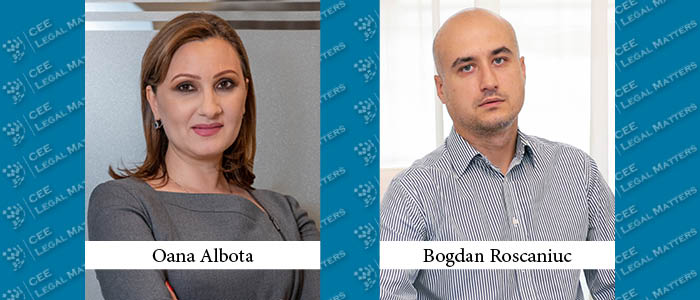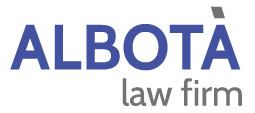On November 11, 2022, the Romanian Senate (as decisional chamber) passed a draft law that includes certain amendments with respect to the terms applicable to administrative and court challenges brought against construction and urbanism documentation.
Purportedly aiming to clarify and bring further predictability to the existing legal framework (i.e., Law no. 50/1991, Law no. 350/2001, and Law no. 554/2004) till the approval of the Constructions and Urbanism Code, the new draft law proposes amendments to the existing legal enactments mainly with respect to the terms in which non-governmental organizations will be allowed to challenge suspicious building permits and/or urban planning documentation.
More specifically, the draft law proposes that NGOs should be able to challenge the urbanism documentation only within a maximum of one year from their approval date (as an exception from the general five-year term set for all other categories of interested persons).
Also, the possibility of an NGO to challenge a building permit is subject to observing the following deadlines: the preliminary complaint must be submitted to the authority within 30 days from the last publicity act made in relation to the respective building permit and the court claim for the cancellation or suspension of the building permit must be filed within sixty 60 days from the authority’s response (or deemed response) to the preliminary complaint. As regards the “last publicity act” wording used by the draft law, this refers to the latest of the following dates: the date when the city hall published the building permit-related information; the date when the beneficiary affixed the building information/identification panel; the date when the building permit related information was published in the press; or the date of the building permit’s land book registration.
The main reason for the changes proposed by the draft law was, as indicated in the law’s explanatory statement, to bring further predictability and security to the real estate market by dissuading or curbing speculative or unfounded challenges of permitting documentation by NGOs (which in practice, at least at the Bucharest market level, resulted in multi-million euro investments being put at risk to be delayed or shut-down). Therefore, the deadlines proposed by the draft law are more restrictive compared to the existing term of a one-year maximum allowed to any interested person (including NGOs, there currently being no legal distinction between such entities and other persons) to challenge a building permit in court. Currently, that term runs from the date when the interested person became aware of the respective building permit; in practice, that date was often deemed to be represented by the land book registration of the building permit or any other date when the person effectively became aware of the building permit, leaving the court to assess the starting date on a case-by-case basis.
Considering the sanitary role of the NGOs in the rather anarchical and disarrayed Romanian construction environment in recent years – with NGOs bringing to a halt several development projects affecting green areas or heritage buildings, and putting under scrutiny questionable urbanism documentation, including the much-talked-about coordination Bucharest district zoning plans – the draft law was considered by many as an underhanded attempt to narrow down the NGOs rights to the benefit of devious real estate developers. The law’s contesters asserted this to be all the truer since, in many cases, the NGO represented a last resort for citizens unable, in terms of finances or know-how, to protect their rights against ill-intentioned real estate developers.
As a consequence, on December 05, 2022, a parliamentary group submitted a complaint against the draft law to the Constitutional Court. The complaint alleges that, among others, the necessity of the draft law has not been duly substantiated and that the law also infringes upon several constitutional concepts, such as free access to justice, the observance of applicable international treaties (i.e., the Aarhus Convention), and the principle of the uniqueness and impartiality of justice, setting discriminatory rules against NGOs.
The complaint was registered with the Constitutional Court under file number 2727A/2022 and, on February 22, 2023, the Court announced the complaint was rejected and the challenged draft law was confirmed to fully observe constitutional requirements. Subsequently, numerous NGOs petitioned the Romanian president for the law to not be promulgated.
By Oana Albota, Partner, and Bogdan Roscaniuc, Senior Associate, Albota Law Firm
This article was originally published in Issue 10.3 of the CEE Legal Matters Magazine. If you would like to receive a hard copy of the magazine, you can subscribe here.


